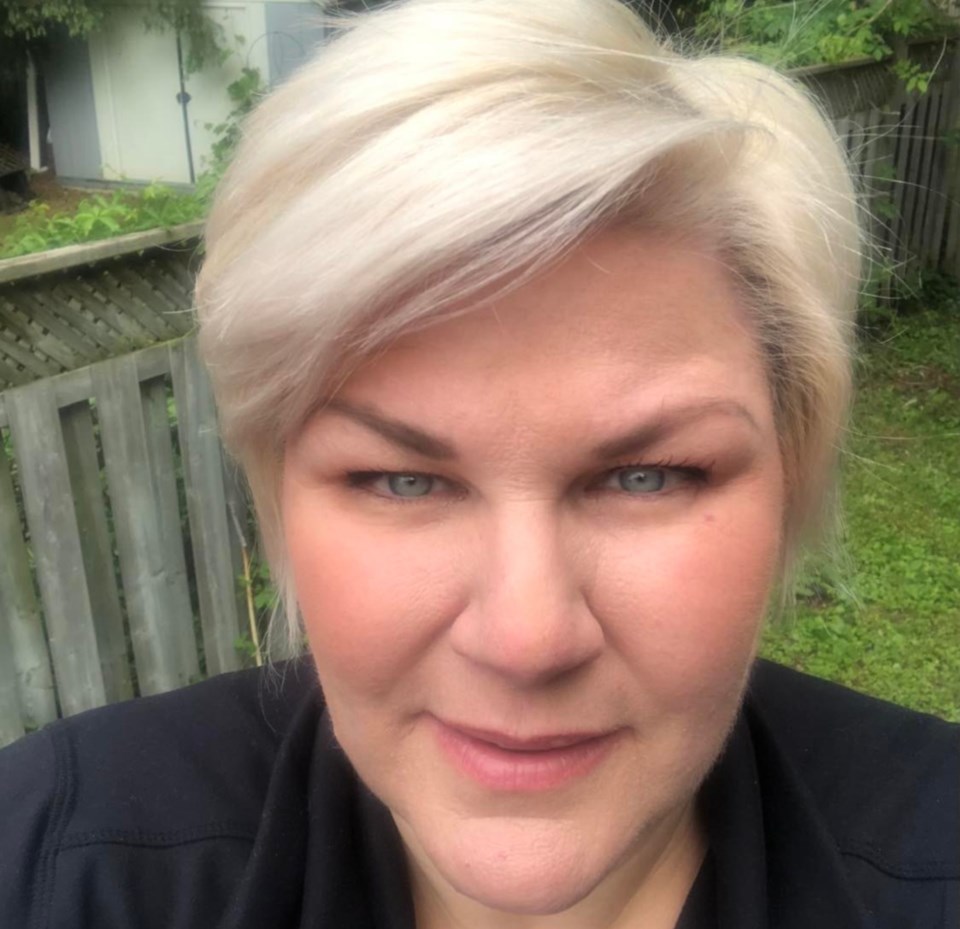Newmarket resident Anne Marie Kyle said she has waited eight months to get a cataract surgery to address fading vision in her left eye.
After getting her eyes examined in 2020 and confirming she needed surgery in May 2021, she has awaiting a callback. But she said local eye doctors are still playing catch-up from surgery delays since the start of the pandemic, with little time available in operating rooms.
“I can’t make out items five or six feet away,” she said. “I still want to be able to work. I still want to be able to be productive. I still want to be able to do all those things.”
The province put a hold on non-urgent surgeries Jan. 5 to address the Omicron wave. Although the province announced a schedule to start lifting public health restrictions Jan. 31, it has not announced when surgeries might resume.
The Ontario Medical Association (OMA) has urged the province to put more focus on addressing the surgery backlog. The association released an Ipsos survey Jan. 19 that found 40 per cent of Ontarians named addressing COVID-19 as their top issue, followed by 10 per cent indicating addressing health-care access, nine per cent listing housing affordability, and seven per cent listing economic growth.
“Ontarians are sending a clear message that we have to have a strong health-care system if we want to have a healthy economy, and Ontario doctors agree," OMA president Dr. Adam Kassam said. “This will require collaboration among the public, health-care providers, and all levels of government.”
Kyle said surgery would restore vision in the eye completely, but in the meantime, it has deteriorated. She said she has had people urge her to go to a private clinic but said she does not want to spend $5,000 for surgery when a public option should be available.
“There’s no end in sight,” Kyle said. “I feel kind of bad complaining because I know there are people waiting for much more serious surgeries.”
The OMA has estimated there 20 million backlogged services based on 2021 data, before the latest shutdown. It said it could take 25 months to catch up on cataract surgeries, among other delayed care.
When asked about the surgery pause at a Jan. 20 news conference, Minister of Health and Newmarket-Aurora MPP Christine Elliott said it was a difficult but necessary move.
“We know many people are upset and frustrated at having their surgeries pushed off yet again. We want to get back on track with them as soon as we can,” Elliott said. “As soon as we can see the numbers are going down — both in terms of admissions to hospital, and in terms of intensive-care admissions — then we’ll be able to get back on track with those surgeries and procedures.”
She added hospitalizations are lagging indicators, and the province does not expect them to peak until mid-February.
Newmarket resident Nancy Gledhill is also awaiting surgery to remove a chest expander she had placed after breast cancer treatments, as well as address the pseudo-hernia she has developed. Although she is now cancer-free, she said she has been living with a lot of pain and more limited physical ability while waiting 11 months for her surgeries.
"I hope they can get the backlog of surgeries done quickly because even though they're not essential surgeries, they're still important," she said. "It's not right."
The OMA has released a five-point plan to improve the health-care system. To address backlogs, they call for more funding, shifting more surgeries to community settings outside of hospitals, and ensuring enough nurses and technologists to expand MRI and CT hours.
Kyle said she would like an option to have a private-sector surgery covered by OHIP given the circumstances.
For now, she and others are stuck waiting.
“The amount of times I have to tell people on a daily basis I can’t see something is astonishing,” she said. “It’s frustrating.”



